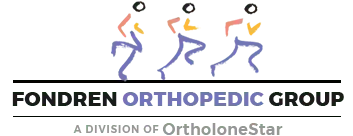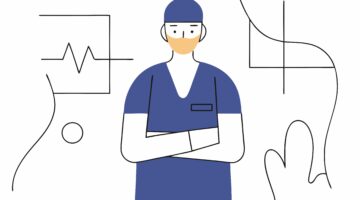This post is sponsored by the Knight Foundation.
By Michael D. Bolden
There’s so much information available today that at times society has struggled with how to quantify it. Combine that flood of data with humanity’s ancient quest to unlock the secrets of wellness and longevity, and it’s no surprise that these worlds have collided.
We all want more–and better–information to make our health decisions.
That’s why Knight Foundation, a national foundation with its roots in journalism, entered that discussion this summer when we announced the question for our latest News Challenge, How can we harness data and information for the health of communities? At stake is more than $2 million for the best ideas, and the application deadline is Sept. 17.
Knight is known for its work in media, community development and the arts. Our last news challenge was on Open Government. Health is a new arena for us. It’s a logical fit, however, because the future of news and information is built on data. We want people to get used to leveraging data for better decisions, and there are few types of data more compelling than health data.
We have expert help. The Robert Wood Johnson Foundation, the California HealthCare Foundation, the Health Data Consortium and the Bill, Hillary & Chelsea Clinton Foundation Health Matters Initiative all joined us as collaborators in the News Challenge, and will help review the applications.
Two of our collaborators are also offering companion awards. The Robert Wood Johnson Foundation will award $50,000, $30,000 and $20,000 for the top three projects that “best combine public health data and health care data to improve the health of communities.” And the California HealthCare Foundation will award $100,000 to one or more projects focused on helping local officials use health data for policymaking.
There is no shortage of data being released, much of it by governments. The U.S. Department of Health and Human Services even has its own chief technology officer, Bryan Sivak, who has deep experience around innovations that make the most of data. And state officials are making their own advancements led by people such as Dr. Nirav Shah, New York state’s commissioner of health, who is also a leading researcher in using health records–data–to improve preventive care. At the same time, sensor technology means individuals can generate mountains of their own health data.
The News Challenge seeks innovative ideas to harness available data. The deadline is Tuesday, Sept. 17 at 5 p.m. ET. Anyone may apply, including individuals, nonprofits and companies. Initial entries require just a few sentences about your idea, your target audience and what success looks like.
We’ve already seen dozens of ideas and brainstormed with hundreds of people in cities around the country about improving the health of communities. People have talked about the needs of seniors and the isolation they sometimes face that blocks their access to data; they’ve questioned what the Affordable Care Act means for them and how they can find better information to understand its requirements; they’ve considered how to overcome language barriers, make information on prescription and hospital pricing more transparent, wondered how do we all become better consumers of health care. It all comes back to our question, How can we harness data and information for the health of communities?
Once the submissions phase closes Sept. 17, we’ll convene a panel of external advisers to help select our finalists, who will be invited to submit more information. We’ll announce the winners in January. Meanwhile, go ahead and add your entry–and your voice–to the conversation at newschallenge.org.
Michael D. Bolden is the editorial director of the John S. and James L. Knight Foundation.
This post appears through the MedCity Influencers program. Anyone can publish their perspective on business and innovation in healthcare on MedCity News through MedCity Influencers. Click here to find out how.










